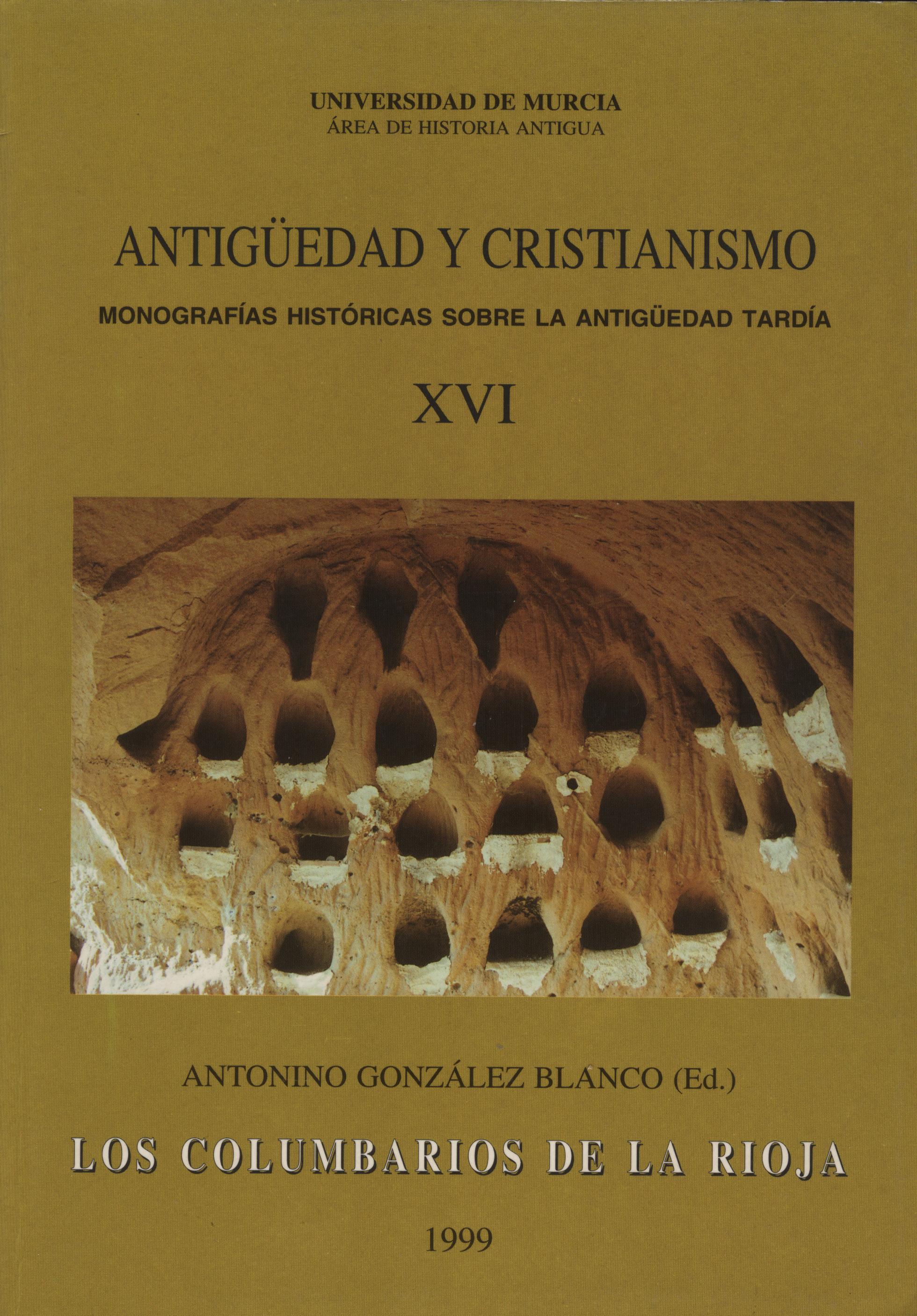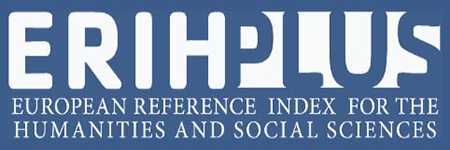No. 16 (1999): The columbariums of La Rioja
Antigüedad y Cristianismo
"The history of our ancient monks has not yet been studied with a modern criterion," said Fray Justo Pérez de Urbe1 half a century ago, referring to Hispanic monks1. The eastern monasticism had been luckier. Probably because the archaeological remains are much more abundant and well preserved there, among other things due to the fact that in many places monastic life has not been interrupted, these remains are much more significant and serve as a point of reference2. For the western Mediterranean, on the other hand, assuming a monastic type very conditioned by the Benedictine experience, probably due to the lack of concrete images to look at, the research has gone in other ways: Excellent studies have been written about the framing of monastic life in history3 or vulgarizing historical expositions4. Only very slowly have things changed5. It is, in effect, the work of trying to offer the geography and chronology of monasticism that has been bringing torrent of light to the subject.






















